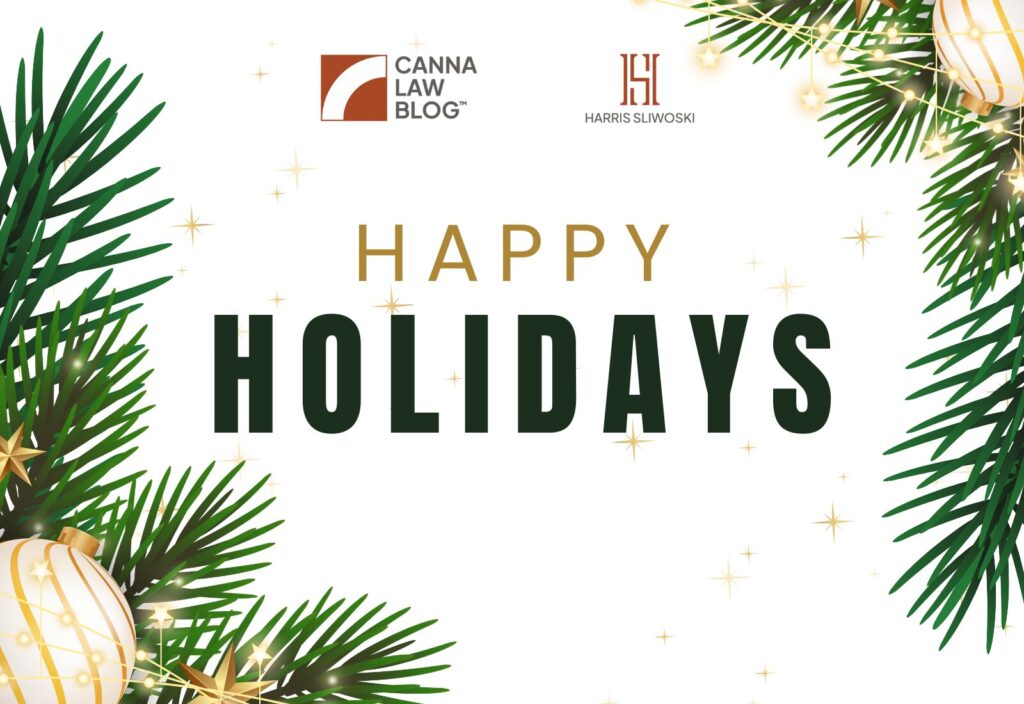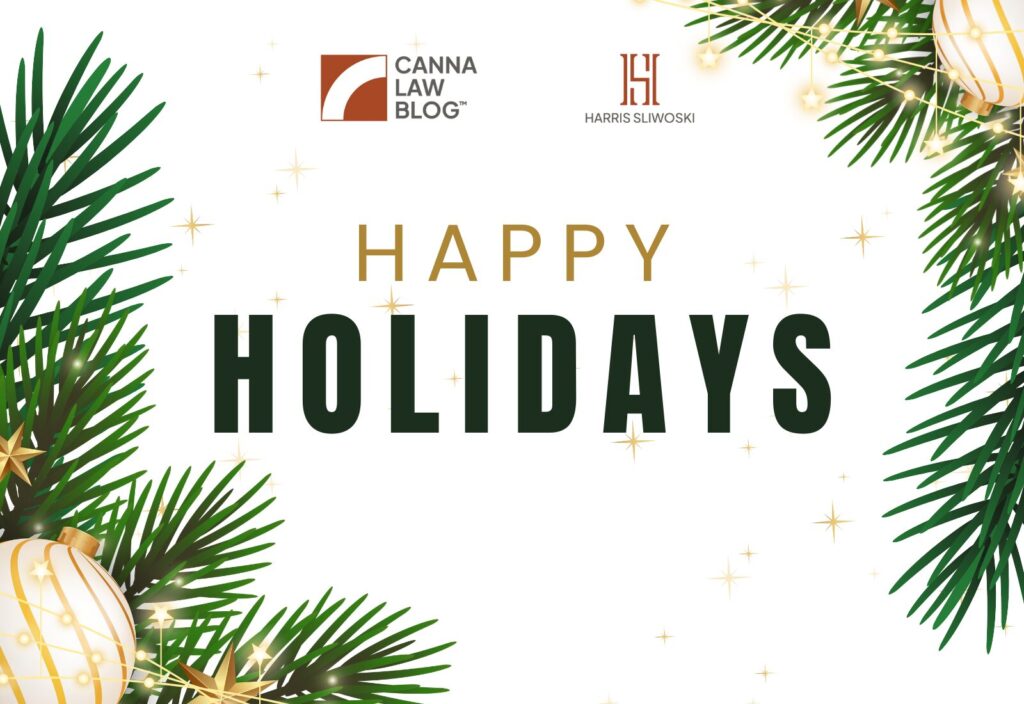
If you’ve been to the red light district in Amsterdam, you may have seen the infamous coffee shops up and down the block. In the U.S., no state has anything remotely close to a cannabis bar or coffee shop where you go to not only purchase your cannabis on site but use it within the confines of the shop/cafe along with other food, drinks, and even events. At most, the U.S. has consumption lounges where you B.Y.O.G. in a pretty boring and restrictive setting.
Consumption lounges sound great but, in reality, they can be inconvenient for consumers who would rather buy their cannabis on the spot after firsthand evaluation, and for those who would like to use their cannabis while also being able to consume food and beverages at the same time. Recently, California decided it may flirt with real-deal California cannabis cafes, which would be a first in the U.S. cannabis union.
AB-347 and California cannabis cafes
On February 1st, San Francisco Assembly Member Matt Haney introduced AB-374. The bill would allow cities and counties to pass local laws that allow:
“a retailer or microbusiness to conduct business activities on the premises other than the smoking, vaporizing, and ingesting
Read full article on HarrisBricken






































